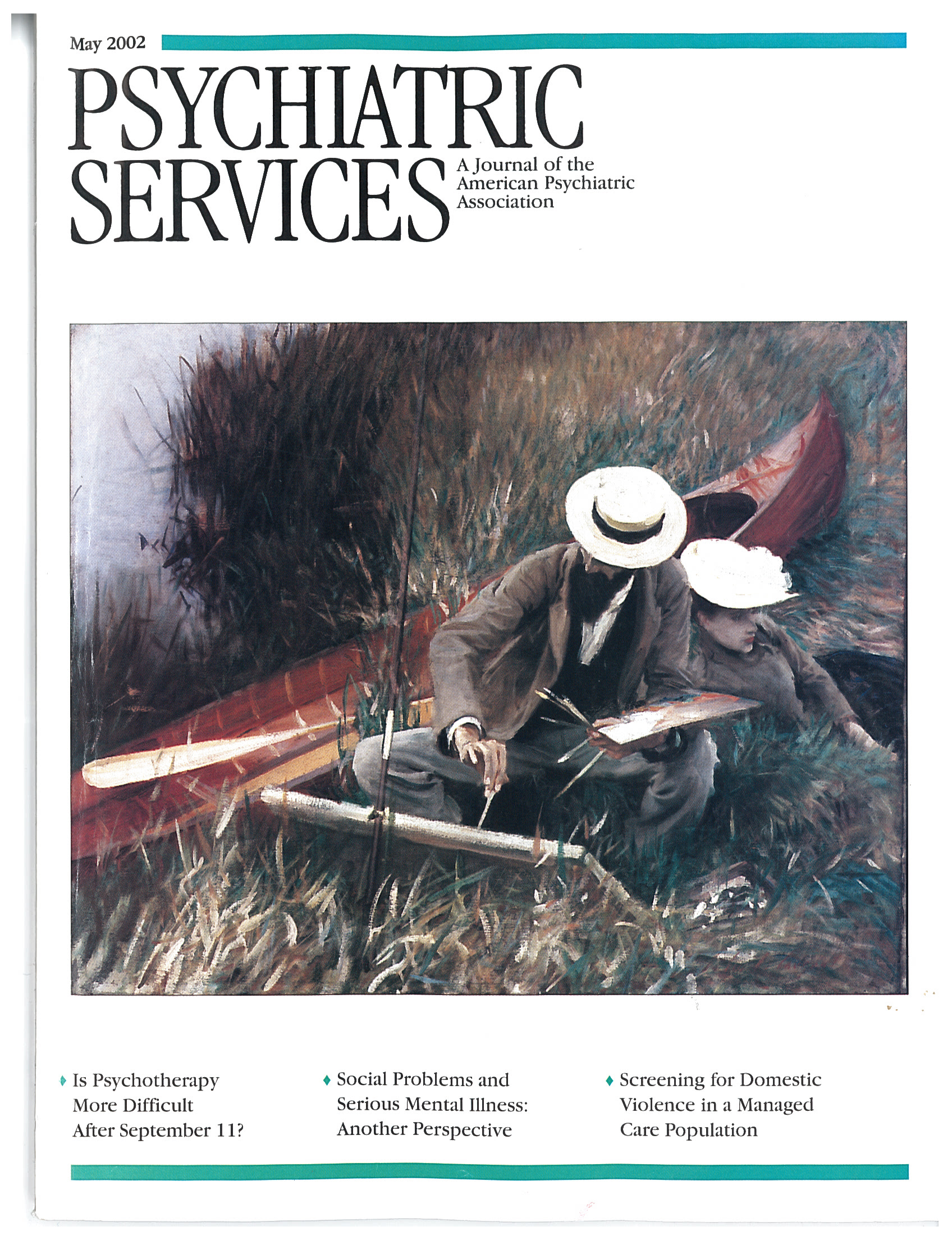The preceding article purports to show that, from a broader social policy perspective, "the impact of mental illness on crime, unemployment, and homelessness appears to be much smaller than that implied by much of the psychiatric services literature." The essential thesis of the article is that persons with mental illness are usually members of the poverty class and thus, by definition, have a higher risk of the three social problems discussed, which are all related to poverty.
However, the article's premise—that it is not the mental illness but the poverty of those who are mentally ill that leads to the frequency of these social problems—is implausible. The article fails to acknowledge that it is the clinical consequences of untreated mental illness that lead many—although admittedly not all—persons with mental illness to the criminal justice system, unemployment, and homelessness. The article does not acknowledge certain basic facts, such as the large numbers of criminal offenses committed by mentally ill persons that are misdemeanors, the impact of serious mental illness on employability, and the paranoia often associated with homelessness. Rather, it considers psychiatric illness to be "only a small part of the problem."
The article also implies that the social conditions of unemployment, involvement with the criminal justice system, and homelessness are "simplified as psychiatric problems," which is not a common theory. Although it may be correct that the factors associated with the social context of poverty can affect the manifestation of mental illness, the article does not succeed in showing that untreated mental illness is not substantially associated with these conditions.
One of the recommendations of the article is that the risks of poverty need to be addressed. This is certainly a noble suggestion, but it is likely to be infeasible and is hardly a timely or effective solution for mental illness or substance use problems in present-day America. The article is helpful in emphasizing the fact that social context is important in addressing issues related to mental illness and that more research is needed.
The article concludes by emphasizing strategies for positively changing the social context experienced by persons with serious mental illness. Unfortunately, it does not focus on the most important issue—working with the mentally ill person to ensure that treatment of the mental illness, which has never been more effective, is offered and accepted.

